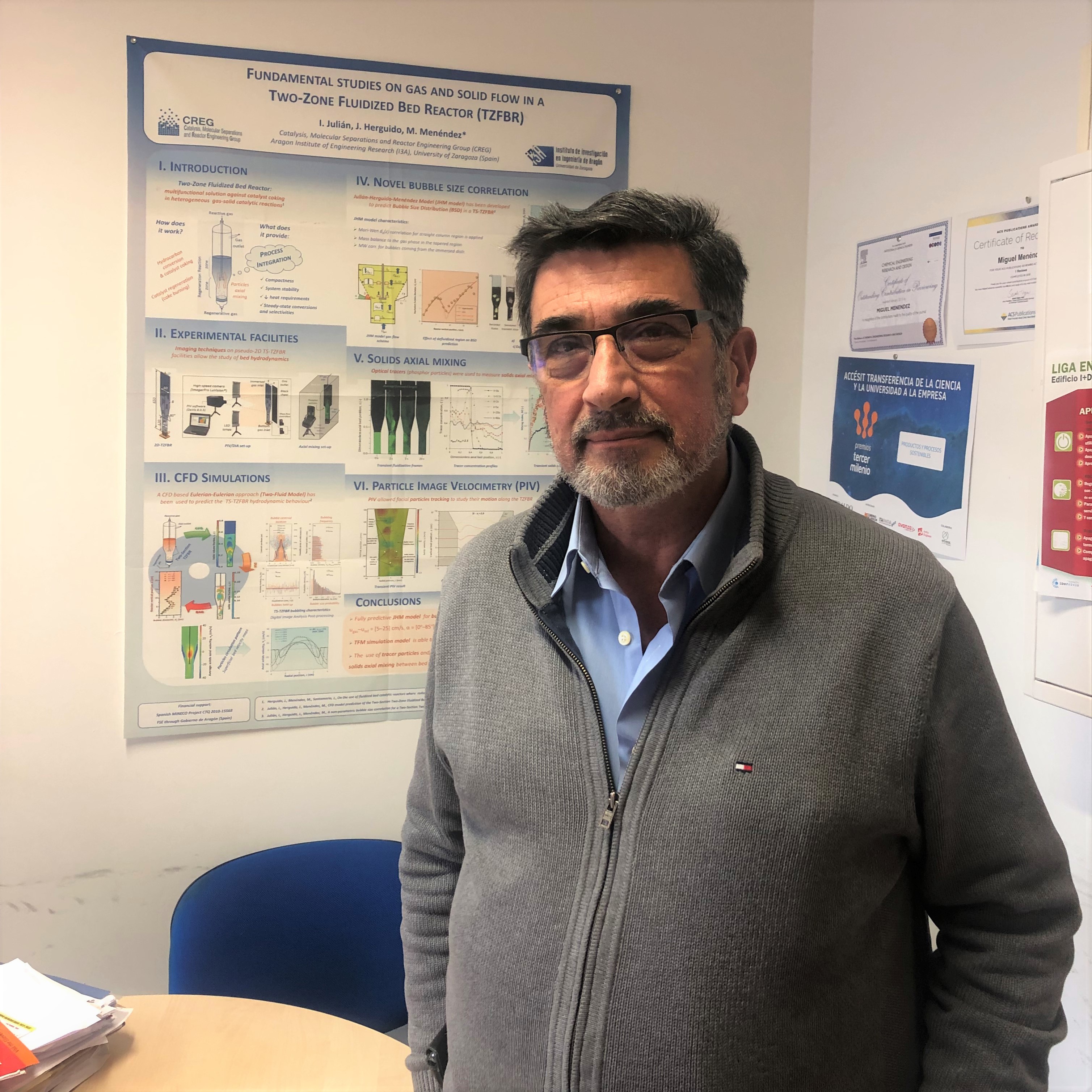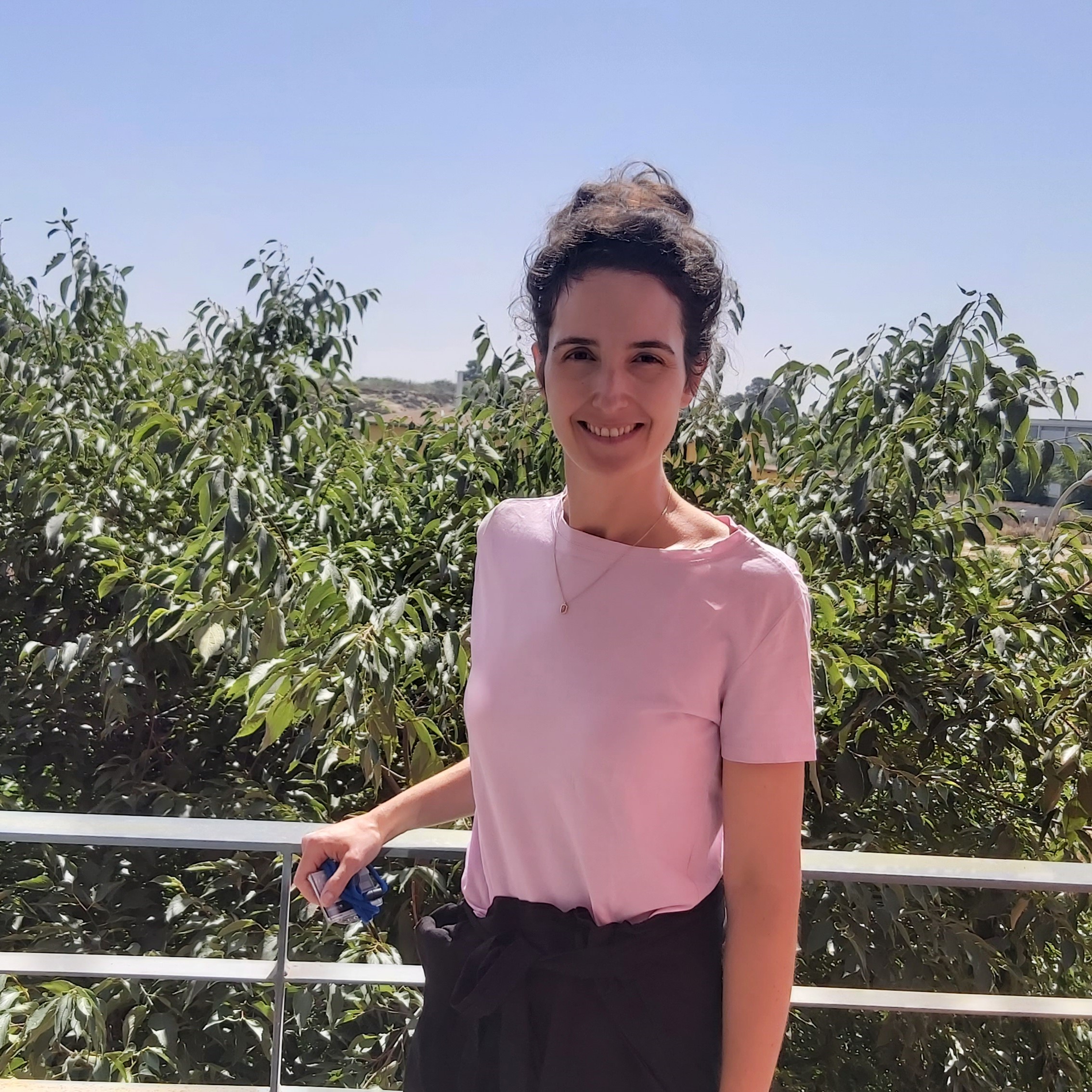
Why did you decide to go into research?
When I was young I didn't think about becoming a teacher, but when I finished my degree I was offered this other "career", because it's a little competition to progress. And in the end I went into teaching and research and I really enjoy it. This is a privileged job because we get paid for doing things we like.
Was it always clear to you that you wanted to go into research?
The truth is that the opportunity came to me without me expecting it. When I finished my degree, I was offered the chance to work at the university and since then I have been here.
You are also a teacher, what subjects do you teach?
Yes, I teach biotechnologists in Chemical Engineering and also in the Master's degree in Industrial Chemistry. If you are at university you have the "obligation" to teach and do research. A university professor must do both, although this is not always the case.
How long have you been at the Institute?
At the University of Zaragoza since 82 and at the Institute since it was founded.
You are part of the CREG group, what do you research there?
We are working on chemical reactors, especially catalytic reactors. And, right now, we are focusing on issues related to the use of CO2. For example, we are converting the CO2 in the biogas into methane so that all the biogas becomes natural gas. The aim is to make use of renewable energies.
Some projects in progress.
I am currently working on producing liquid fuels through renewable energies such as solar or wind energy and CO2. In this way we could use renewable energies for transport, using engines similar to the current ones, instead of filling the car's tank with petrol derived from petroleum.
The I3A offers us interesting possibilities for collaboration
What would you highlight about the I3A?
The Institute offers us interesting possibilities for collaboration. We have worked with other groups in the development of mathematical models, for example, using computational fluid dynamics tools that have helped us to improve the chemical reactors we work with.
There is also a strong line at the I3A related to hydrogen and renewable energies that allows us synergies.
What do you like the most about your work? And what do you like least?
What I like most is that you are always learning new things and facing new challenges. And my least favourite thing is having to deal with bureaucracy. Fortunately, though, at the I3A we have a great team to solve these problems, which would waste a lot of time.
What would you say to someone who is thinking of going into research?
Research is the best job in the world: you set your own goals, you are always learning things and you are always challenged. I think it's hard to think of a more interesting thing to work on. I would also tell them not to do it for the money, because you don't get paid a lot of money, but enough to make a decent living.
CLOSE UP...
A writer: Arturo Pérez-Reverte.
A singer: José Antonio Labordeta.
What do you do in your free time?: Reading and walking in the mountains.
Favourite place: My chair in the flat in Jaca while I read and enjoy the wonderful views.
A trip: To Japan when we signed an agreement between the University of Zaragoza and the University of Yamaguchi.
How would you define yourself?: As a person who tries to be coherent.
